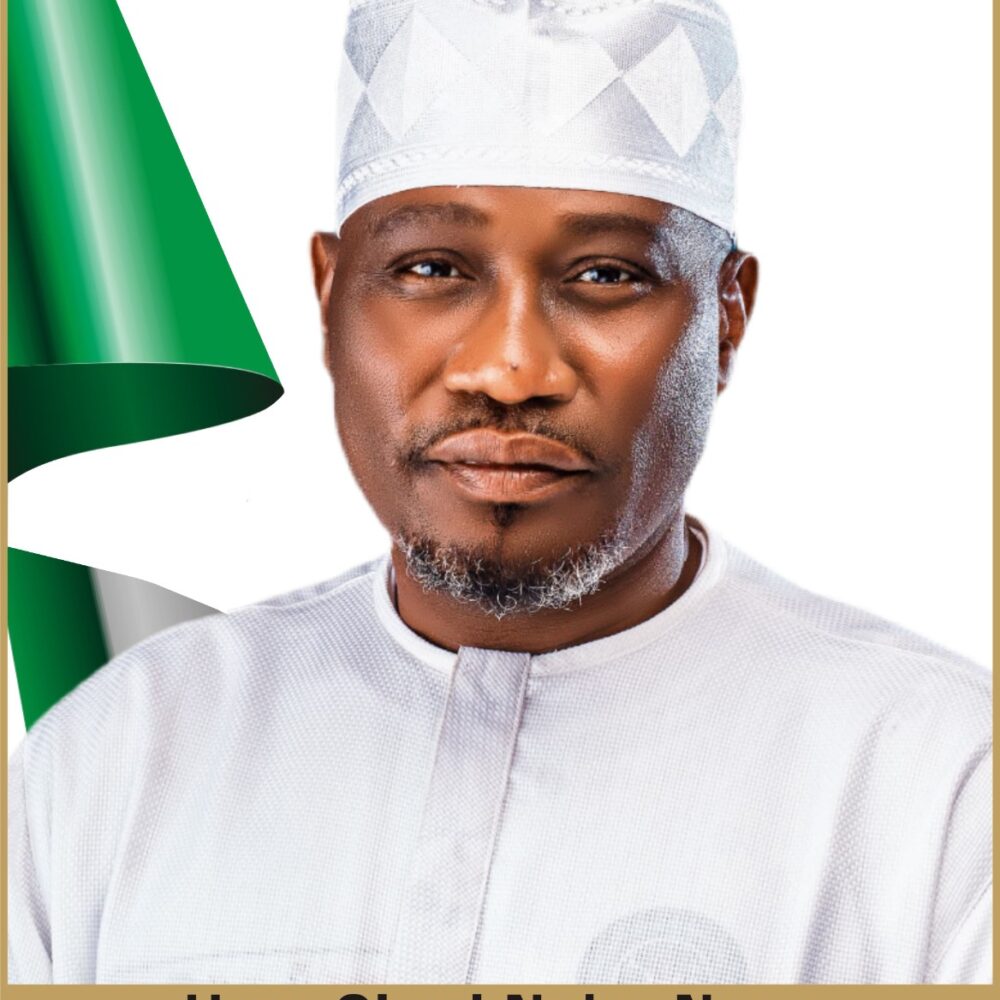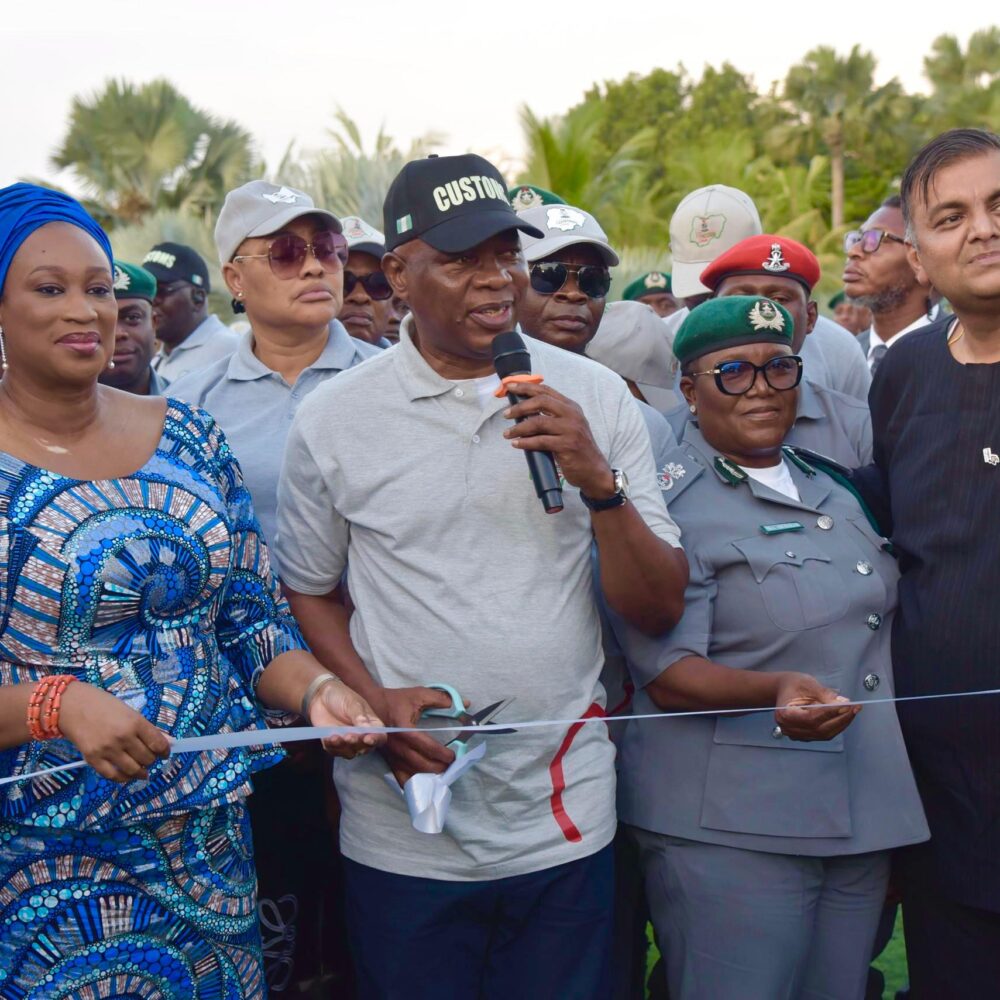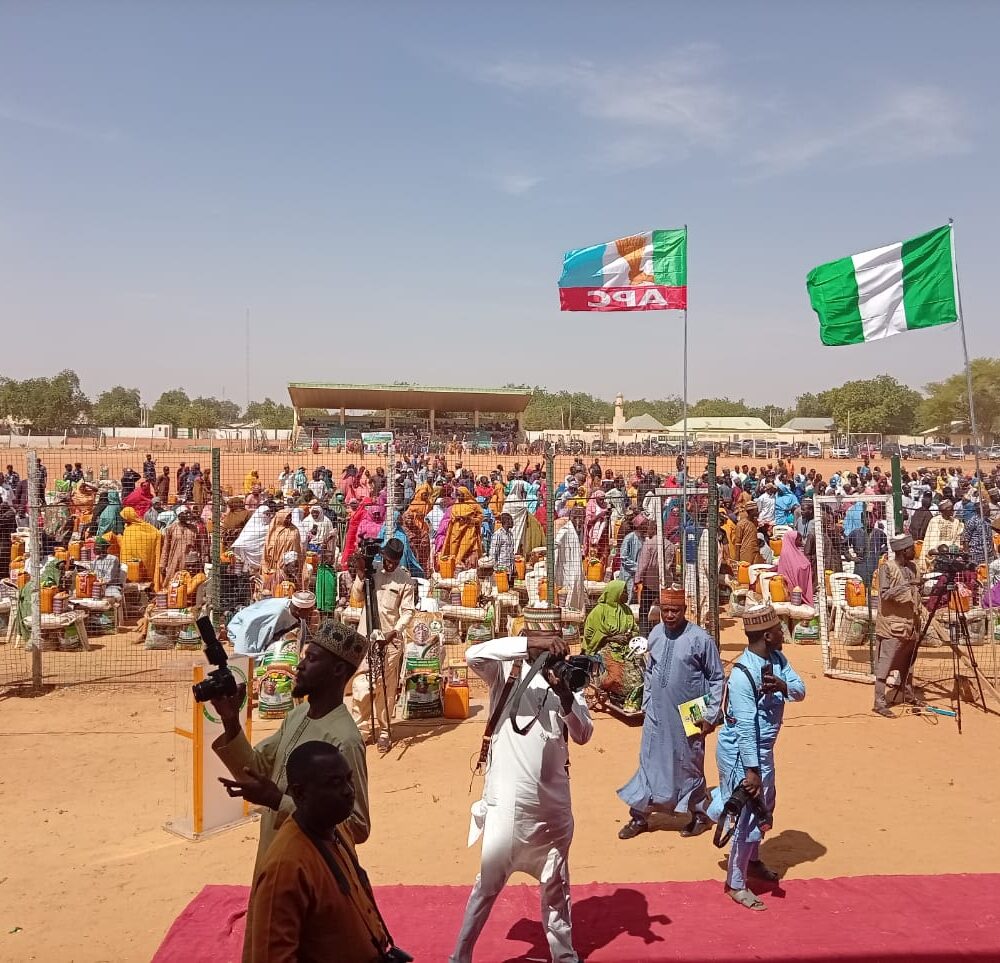Natasha Akpoti warmed her way to the hearts of Nigerians in 2015 when she addressed the National Assembly to advocate for the revival of Ajaokuta Steel Mill in Kogi state.
A candidate for the Kogi Central Senatorial election in February 2019, she was also the only female candidate in the Kogi state gubernatorial election where she emerged as one of top three contenders.
Holding her fort in an election described by international and local observers as fraught with violence and irregularities, Akpoti, who contested under the platform of the Social Democratic Party (SDP), became a reference point for courage and determination for women aspiring for public offices in Nigeria’s muddy political space.
A lawyer and a social entrepreneur, Ms Akpoti told The Nation that her foray into politics was inspired by a desire to serve.
“I did not want to be one of those who would sit on the sidelines and criticize without trying to participate actively with some authority,” she said.
Nigeria is one of the world’s biggest democracies with the lowest representation of women.
In the 2019 elections, 2,970 women vied for political positions, forming 11.36 percent of nominated candidates according to research by the Centre for Democracy and Development (CDD). However, after the elections, only 64 women got elected into political offices, making up a meagre 4.17 percent.
Facing the giants
In a country where cultural stereotypes, gender-based violence and harassment often debar women from active political participation; Natasha bucked the trend, waging through a path where many often fear to tread. Few days to the gubernatorial election, she was attacked while making her way to a political stakeholders meeting organized by the Independent National Electoral Commission (INEC) at a hotel in Lokoja. This is aside other cases of assaults including burning of properties, loss of lives and injuries on her supporters.
“I realized politics in Nigeria is much more dangerous than I imagined. It’s just by the grace of God that I’m still alive today. When you sit down and read about political killings, these things are real,” she said in a phone interview conducted before the gubernatorial polls.
Akpoti who prefers to be seen as a political reformer rather than a politician, said she literarily lost sleep the moment she declared her intention to participate in the governorship election. First, she was disqualified by INEC for filling Mohammed Yakubu, a 34-year-old engineer as deputy, a decision which she adjudged as a conspiracy by the ruling party, especially since the #NotTooYoungtoRun bill had been signed into law.
“The deputy governor of Zamfara state today is a 33 year and nobody has taken him to court,” she added.
Although Yakubu was substituted with Mr Adams Khalid Ogbeche, a 44-year-old engineer, she was still excluded from the election, making her lose ample time for campaigns. It was until a week to the election that a federal high court siting in Abuja ruled that she was qualified to run, adding that INEC was wrong to have disqualified her in the first place. Ms Akpoti had since called for the cancellation of the election which she said was anything but credible.
Newbie in politics
When Natasha contested for a senatorial seat to represent Kogi Central in February this year, she polled 48,326 votes to claim second place, displacing the incumbent Ahmed Ogembe of the PDP to third position.
“My performance was based solely on merit, I did exceptionally well for a newbie in politics. As a woman there were odds, but I already had a message. I had already become an idea— the idea of reviving Ajaokuta steel company which is the main asset of our people,” she reminisced.
Banking on women
Akpoti said one of the things which encouraged her to take a shot at the governorship election was the support she got from grassroots women in Kogi state. However, she confessed to being disappointed with women in the elite space, many of whom she said were silent during her disqualification ordeals with INEC.
“Several times I tagged some of them on Twitter but it’s only Kadaria Ahmed who reached out to me. I wanted more women to claim the fight as their own, especially since we’ve never had an elected female governor in Nigeria,” she lamented.
Her admonition to young women aspiring for political office is; “just start!”
“The steps do not unveil themselves all through. When you start with a large dose of courage and determination, you begin to see that you are building resilience to manage the next hurdle. That’s how you keep going until what ordinarily looks impossible would look possible.”
A firm believer that women can unlock the greatness of Nigeria, there’s no gainsaying the fact that the 39-year-old Ebira woman has the potential to buck the trend of low women representation in Nigeria’s political space if she does not give up the fight.





